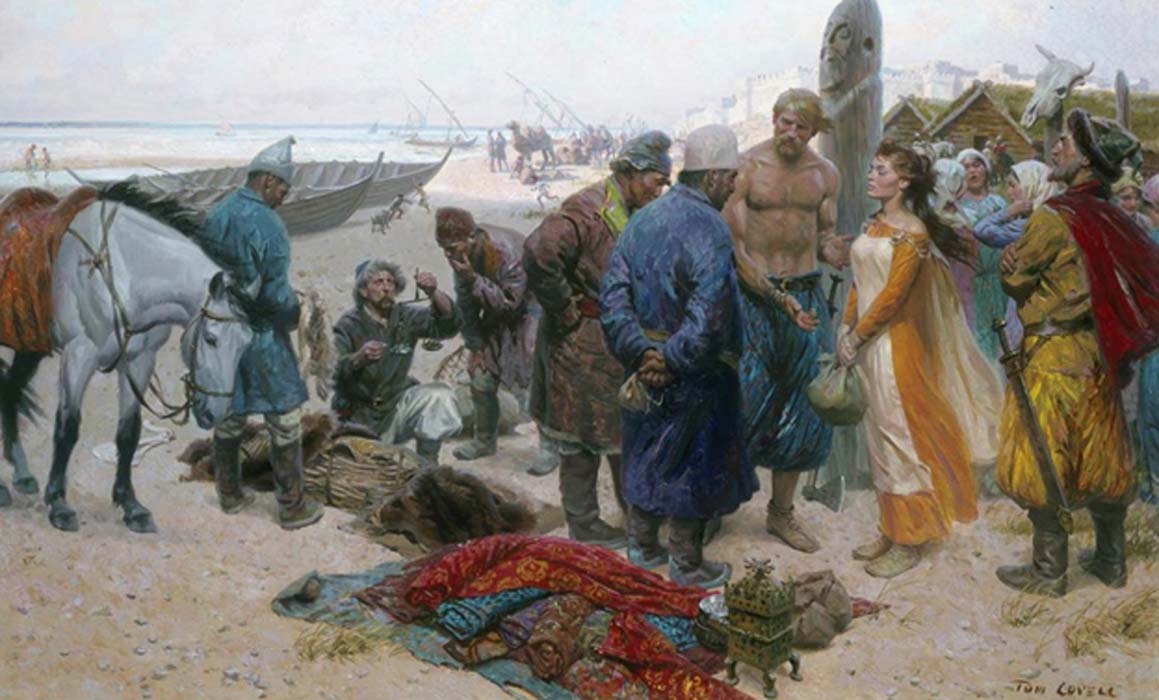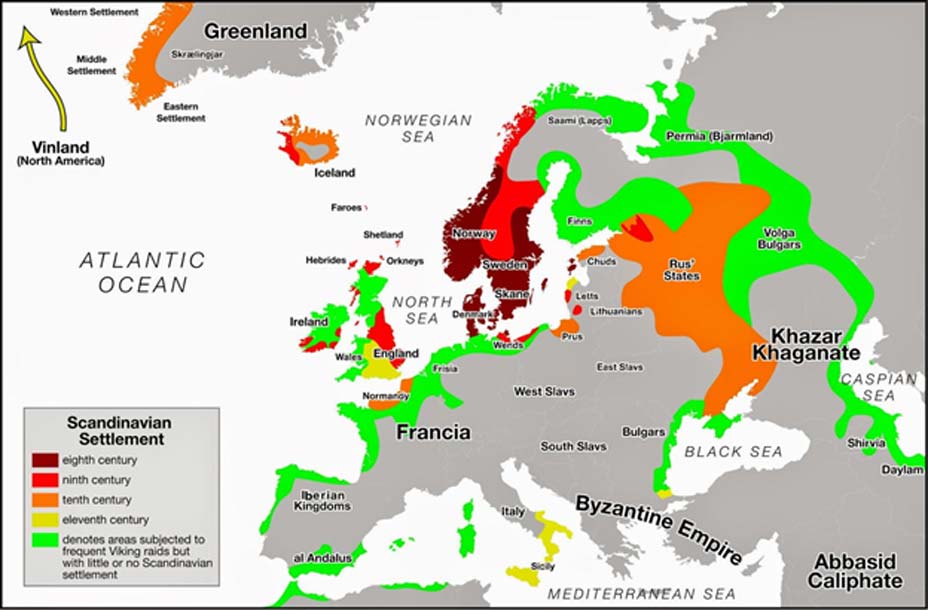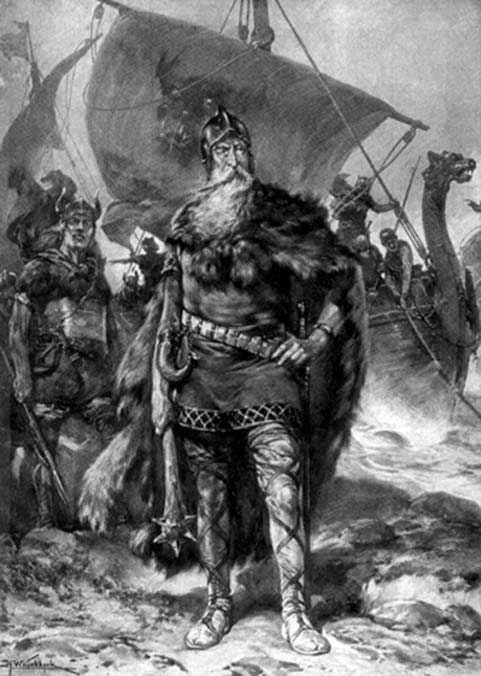
Torment of the Sea Nomads. Viking Sea States of Merchants - Part I
In the late 8th century, a group of Scandinavian sea nomads took to the sea and tormented Europe and Asia through their terrible acts of piracy. Thankfully, by the early 9th century, their piracy ceased in favor of a more lucrative trading and commerce policy. Once they had settled and established themselves on their newly conquered lands, they effectively became a Sea State of Merchants.

The Viking expansion to the northern seas (WikiCommons)
Viking Settlements and Trade
Although the actual size of the Scandinavian settlements on the European continent were relatively small in terms of territorial size outside of Scandinavia, their commercial influence was profound, as well as their appetite to continue expanding both economically and politically. Like all conquerors, they initially imported their culture, but eventually assimilated certain aspects of the cultures they were vassals to.
Such did the Northmen who conquered a portion of the English, Scottish, and Irish territories, and the small duchy of Normandy, founded by Rollo - baptized Robert - who served as a vassal to King Charles of Western Francia. Some Northmen expanded into the territories of Eastern Europe. However, even though the Northmen gradually adopted the cultures of the lands they had conquered or were subject to, the trait that they were notorious for never vanished, for by the 11th century, they had succeeded in conquering southern Italy, Sicily, England, and controlled much of what is today western Russia.
It was also during the Viking Age that Scandinavia underwent political change when stronger ambitious chiefs neutralized and incorporated the weaker local chiefs. These determined men escalated in status from powerful chiefs to kings and in turn, transitioned their powerful realms into the medieval kingdoms of Denmark, Norway, and Sweden. However, the creation of these Scandinavian kingdoms or duchies would not have come about, except for one import factor; trade.

King Rorik, son of Hother by Hermanus Willem Koekoek (Public Domain)
Trade is crucial to the development of a settlement for its economic growth. Settlements in medieval Ireland lacked urban centers, but this was rectified when Vikings introduced towns and important trade centers to the island. Such was the founding of the trading towns of Waterford, Wexford, and the transformation of the ecclesiastical settlements of Dublin and Cork into trading ports. The son on of the second Earl of Orkney, decided to follow Rollo’s example, to go on an adventure and carve out a piece of land he could call his own and to profit from. He set his sights on France.
Before 900, Rollo had lead hit-and-run raids along the French coast. After 900, Rollo and his army decided to settle on French soil between the Seine and Loire rivers and became colonists. However, this did not curb Rollo from raiding, as he hit Paris and Chartres in 910. King Charles decided to end the hostility and arranged peace talks with the Viking at St. Clair-sur-Epte, which borders the eastern boundary of Viking territory. They struck a deal and Rollo swore allegiance to King Charles and vowed to protect French lands from other Viking raids. After the agreement, Rollo was baptized Robert in 912 and he became the first Duke of Normandy.




